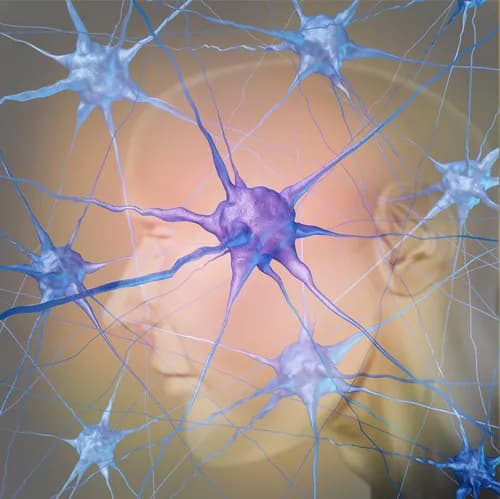
Are We More Risk Averse As We Get Older? It's A Gray (Matter) Area, Research Finds
Age itself is not the determining factor in how an individual views or tolerates risk when making decisions; instead, it is the age-related decline in the volume of gray matter in our brains, research by NYU's Institute for the Interdisciplinary Study of Decision Making shows.
"These results provide a basis for understanding the neural mechanisms involved in risky choices and offer a glimpse into the dynamics that affect decision-making in an aging population," explains study co-author Paul Glimcher, a professor at NYU's Center for Neural Science and director of the Interdisciplinary Study of Decision Making (IISDM). "This research can help us improve how we communicate with the elderly about complex issues that may present risks to them."
"Older adults need to make many important financial and medical decisions, often under high levels of uncertainty," adds lead author Ifat Levy, an associate professor of comparative medicine and of neuroscience at Yale University and visiting professor at IISDM. "We know that decision making changes with age, but we don't really know what the biological basis of these changes is. In this paper, we make the first step towards answering this question, by showing that the decrease in gray matter volume in a particular part of the brain -- posterior parietal cortex -- accounts for the increase in risk aversion observed with age."
The study, which appears in the journal Nature Communications, focused on the right posterior parietal cortex (rPPC) -- a part of the brain involved in planning movements, spatial reasoning, and attention.
For the study, the research team presented a series of choices to 52 study participants, aged 18 to 88 years. Participants could either receive $5 or take their chances with a lottery of varying amounts and probabilities. For example, a participant could choose the certain gain of $5 or opt for a 25 percent chance of getting $20. The researchers also measured the gray matter volume in the posterior parietal cortex of each subject, drawn from MRI scans. After analyzing the risk choices and MRI measurements, the researchers confirmed that age-related decline in risk tolerance correlates more with changes in brain anatomy than with age.
Materials provided by New York University. Note: Content may be edited for style and length.
Disclaimer: DoveMed is not responsible for the adapted accuracy of news releases posted to DoveMed by contributing universities and institutions.
Primary Resource:
Grubb, M. A., Tymula, A., Gilaie-Dotan, S., Glimcher, P. W., & Levy, I. (2016). Neuroanatomy accounts for age-related changes in risk preferences. Nature communications, 7. DOI: 10.1038/NCOMMS13822
Related Articles
Test Your Knowledge
Asked by users
Related Centers
Related Specialties
Related Physicians
Related Procedures
Related Resources
Join DoveHubs
and connect with fellow professionals

0 Comments
Please log in to post a comment.